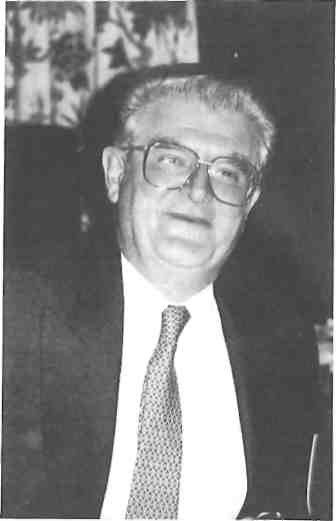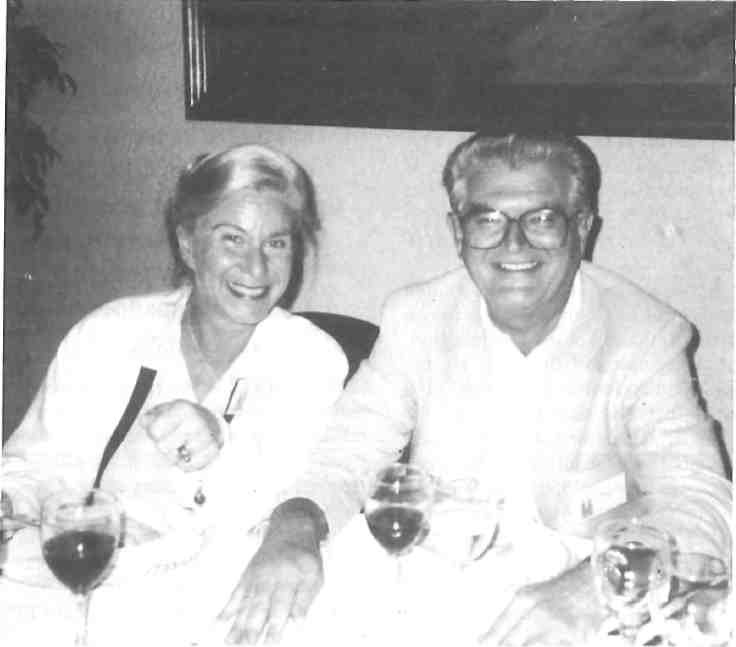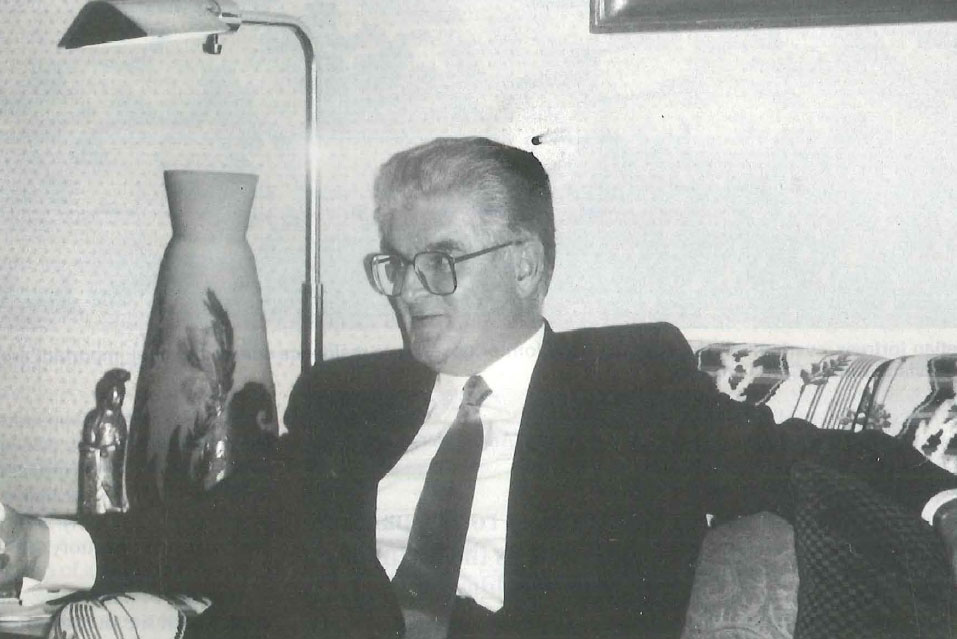
Apostolos Doxiadis was appointed president of EOT, the Greek acronym for the National Tourist Organization, at the beginning of the year. He belongs to the fourth generation of a family that has successfully run the Grand Bretagne, the hotel most closely associated with the history of the Greek state over the last 150 years and the development of the tourist business in Greece.
“A drop in the number of arrivals in the country is expected this season” said Doxiadis. “There are signs that it will fall between five and ten percent from last year’s thriving figures.” EOT’s director is banking on an “impressive and intense” publicity campaign to reassure the timid and lure the well-heeled traveller.
“Greece should aim at targeting middle class families. These are the people that book in advance and are willing to spend, given they enjoy their stay,” he said. “But to be effective, publicity should be planned ahead,” he adds emphatically. Doxiadis knows that this year’s publicity is going to attract next year’s tourists, rather than bring immediate results.
Today EOT is launching a massive publicity offensive world-wide. Press releases refer to the 1993 campaign, but given Doxiadis’ belief, it should be referred to as the opening of the 1993-94 campaign. The Ministry of Finance has granted 14 billion drachmas to EOT for its 1993-94 campaign. Whether this was the result of Doxiadis’ influence and pressure is hard to tell, but it is the first time the Ministry has granted such sums. His fervent support and convincing account of the fruitful effects of “appropriate publicity” leaves room for little doubt.
This year EOT plans to spend 450 million drachmas for publicity in the United Kingdom alone. The UK campaign includes inserts in The Sunday Times, The Observer, the weekend Guardian, television broadcasts, brochures and tourist guides. The campaign in Germany will cost around three million German marks.
EOT’s focus on high spending publicity goes back some 12 years, but Doxiadis is bringing to it his long-tested sense of ‘planning ahead’ and his conviction that the tourist organization “should develop an effective marketing strategy to support and coordinate efforts made by tourism operators” in order to increase business in Greece. “We have to work as a team,” insists Doxiadis, who was chairman of the Hellenic Chamber of Hotels consecutively over 15 years.
Doxiadis also stresses the importance of competent public relations as a joint effort to attract visitors to the country and noted the importance of the press, especially foreign publications, in promoting interest in Greece abroad. “There has been no reference, for example, to the activities of the Athens Concert Hall in foreign papers. This is something we should be taking care of. Creating a positive image about Greece through positive news is what the country lacks. What we usually read about in foreign papers is air pollution or terrorism.”
There is yet another reason why this is a crucial period for Greek tourism. Major construction projects, financed by the EC in the Del’ors II package, are expected to change the infrastructure of the country and bring it closer to Western European standards. A new international airport, restructuring of ports, new highways and transport facilities, all very crucial for tourism, are in the works.
The tourism sector is also expected to take a slice of the EC pie, which amounts in all to around 6.5 billion drachmas for Greece. “It is too soon still to tell how much money will be channeled into tourism,” Doxiadis adds cautiously, although intense discussions are being held between tourism representatives and the economy ministry. The latter has announced that around 565 million drachmas from the EC fund will be absorbed by tourism infrastructure developments.
Doxiadis, however, was clear about one thing: this money should be used to finance large projects that would cure tourism of its regional ills. “Currently Athens operates at a loss,” he said. The reason is that Athenian hotels and tourist businesses remain open throughout the year although winter is a slow period. “Athens needs a conference centre of around 5000 seats, which would attract a large number of participants and fill up the hotels all year around,” he said.
Over the last decade Athens has seen some of its most prestigious hotels shutting down: the King George, the Acropole Palace, the Attica Hotel and the Athene Palace. The Grande Bretagne was saved, rumor has it, when Doxiadis decided to sell a major part of its shares two years ago. “A wise decision at the right moment,” said a tour operator. “At the time the hotel still operated successfully,” he said. “And it still does,” members of the hotel’s staff insisted.
Along with a good many experienced members of the tourist community in Greece, Doxiadis shares the view that “efforts should concentrate on attracting high spending tourists and on prolonging the season.” Last winter, for the first time, some hotels in Crete remained open. “Results were satisfying,” said the owner of one of the largest Cretan hotels in the area of Hersonissos. To bring about better results, Doxiadis suggested that projects, such as the construction of four or five golf courses (at least three on Crete and Rhodes) would attract relatively high spending tourists all year around.
“But money and investment are not enough to provide quality,” Doxiadis says. “Tourism is a services sector, and as such it needs professional services.” Headquartered from 1968 until 1991 at Grande Bretagne, where he was managing director as well as owner for the last ten years, he knows just what ‘service’ means.
According to Doxiadis the cornerstone of tourism is “quality in services and good behavior” across the board. Hotel or restaurant services, no matter how good they are, are not capable of attracting more tourists to the country, he noted, if shopkeepers or taxi drivers double charge them, or if customers have to wait in long queues at the bank to change money. Doxiadis insists that it is the behavior of all Greeks, no matter what their jobs are, that would best help boost the country’s tourist business. “It is quality in everyday life that will convince tourists to come back.”
Quality, he suggests, needs time to establish itself securely. As for ‘green’ tourism he noted that “island dwellers must keep the seashores clean not because they will become more attractive to tourists, but for their own good health. This is the message they should be accustomed to.” EOT’s president emphasized the role of regional authorities in promoting quality development in tourism. “Quality”, he suggested, “will come about through local coordination and guidance.”
According to Doxiadis, quality in services cannot be achieved by applying a code of behavior alone. He seems to favor quality that comes as a result of personal reactions that are intuitive and sensitive, from personnel always on the alert to offer the best possible service under all circumstances.

Staff at the Grande Bretagne said Doxiadis’ career there was full of such moments. “A few months before she died, Indira Gandhi was on a visit to Athens. She was ushered to the hotel’s newly refurbished presidential suite by Doxiadis himself. The Indian prime minister was taken by a pair of ashtrays, especially designed to suit the Greek character of the suite. Doxiadis, acting instinctively, offered them to her, even though these items could never be replaced, since the designer, an old craftsman, had disappeared. Nevertheless, Mrs Gandhi sent later a letter of thanks.”
Rene Tobler, director of the hotel’s public relations department, said of Doxiadis, “No matter how late it was, he would insist that this or that job should be done. The hotel was his home.” Tobler emphasized Doxiadis’ internationalism as a key element in his successful management of the Grande Bretagne. “Having spent so much time abroad, he is aware of what it takes to satisfy foreign clients and capable of predicting what future trends will be like. This lies at the heart of our business.”
Doxiadis studied economics at the universities of Freiburg and Heidelburg, and hotel management at Cornell University, but it is the training he received from his family’s long tenure in hotel management plus his own personal experience that matters most today.
Doxiadis has experienced some of the greatest years of the Grande Bretagne, which first opened its doors to the public in 1874, and is, therefore, one of the oldest grand hotels in the world. Among the guests were personalities from politics and the arts, like the Aga Khan, Richard Strauss, numerous Kennedys, Eisenhower, Lyndon Johnson and Helmut Schmidt, stage and film stars from Mary Pickford and Douglas Fairbanks to Bing Crosby, and business tycoons like Onassis. Doxiadis is also well aware why Athens has lost its reputation as a favorite place for VIPs. “Terrorism is one of them,” he says. “Uncontrolled and second-rate tourism developments is another.” Corfu, for example, although still favored by high spending tourists, has lost some of its prestige because of massive construction of unlicensed small hotels and pensions that started in the 1970s.
Unfortunately this trend has spread all over the country. The remedy to these problems, Doxiadis suggests, is a matter of political will, of adopting steady and concrete policies. “The benefits of tourism should not only be seen in . terms of profits. Tourism should be judged by politicians as the driving force that can instigate decentralization and regional development.
Because of tourism a large number of people have remained on the islands and on their native soil,” he said. Signs of patriotism, in the best sense of the term, can often be found in his words. Indeed, no matter how much Doxiadis has traveled or studied abroad, he has remained deeply Greek. His taste for food is definitely Greek, and for coffee, too. “He likes the eastern Mediterranean cuisine kokkinisto,” a friend says. As for music, he is a fervent fan of traditional ‘Greek music. Hatzidakis is his favorite.

Since Doxiadis has been president of EOT for only six months, tour operators and hotel managers think it is too soon to conclude whether he will succeed in setting the foundations for better opportunities in their sector. But they seem optimistic. After all he is “one of us”, they say.
Aristotelis Divanis, president of the Hellenic Chamber of Hotels and owner of the large Divani hotel chain, said of Doxiadis: “He is deeply involved in the tourism business, and he has as well the sort of background which makes his appointment appear to be the right choice. Doxiadis is a decent man, who knows well when to hold back and uses his words thoughtfully and cautiously.” Such qualities would appear essential when confronting bureaucracy. Some tour operators fear Doxiadis may be more inclined to support the hotel business since “it is his own territory” than other facets of tourism. Doxiadis denies this: “It is by means of the experience I have gained in the hotel business that I manage to strike a balance, when it comes io support various tourism sectors.”
Others in tourism appear less optimistic about whether Doxiadis will be given the chance to carry it off. They reason that his post is a political · appointment and general elections are due in less than a year. “Time is running short for him to make his mark,” they say. They might be right. Past experience has shown that the EOT president is sometimes appointed by the government of the day, without regard of the holder’s ties to tourism. Taking a look around Doxiadis’ office at EOT, one has little doubt the place lacks his personal touch. The furniture has been there long before his appointment. A showcase exhibiting copies of ancient items from Greek museums is clearly placed there by the organization rather than its president, underlining how impermanent this position has always been. His predecessor, Kostas Pylarinos, only lasted two years before removal to another political post. Tourism professionals welcome Doxiadis’ appointment. “Very rarely have we seen an EOT president who was so familiar with tourism,” many said.
But Doxiadis has his critics too. They say “he has not mastered the art of managing.” This makes his new post vulnerable to government pressure. Others are more positive: “He is bound to work out the shortcomings of a state-run and rather sluggish organization.”
If Greece is the land ‘chosen by the gods’ perhaps its attractions will be more apparent with a man chosen by the tourist industry at the helm of an organization vital to the national economy.







